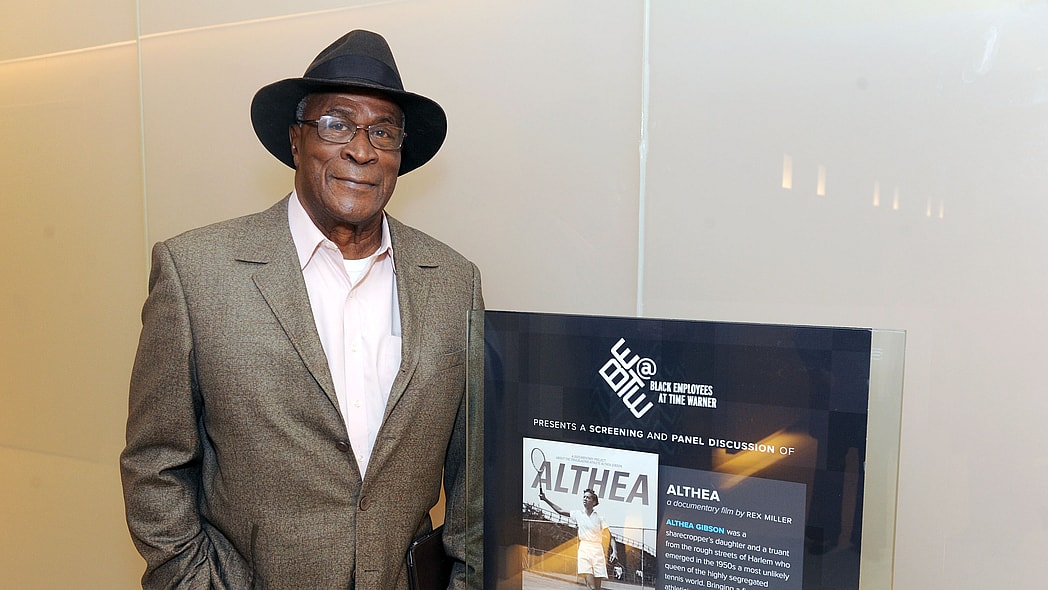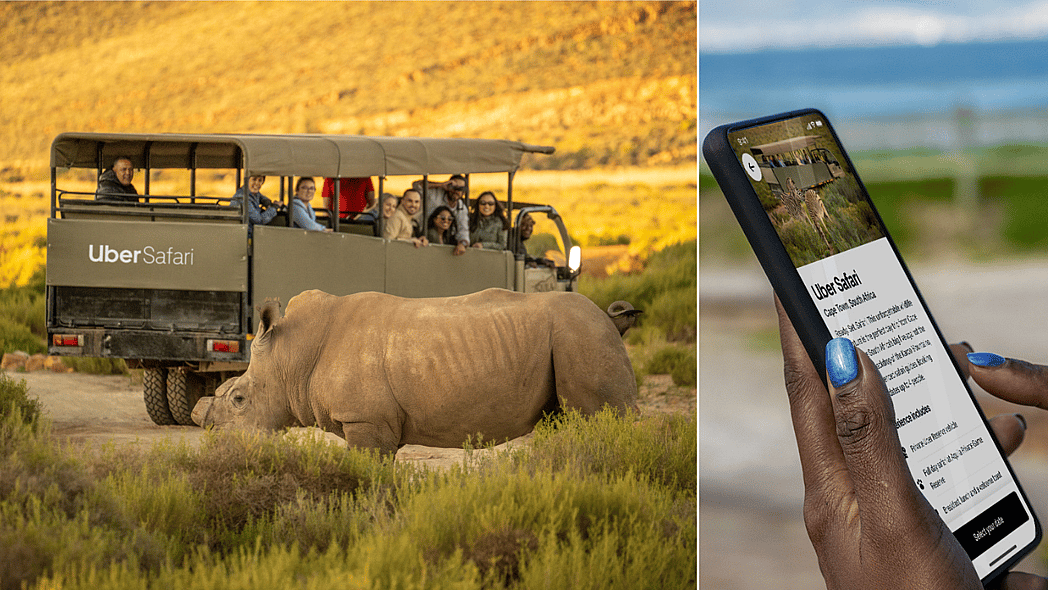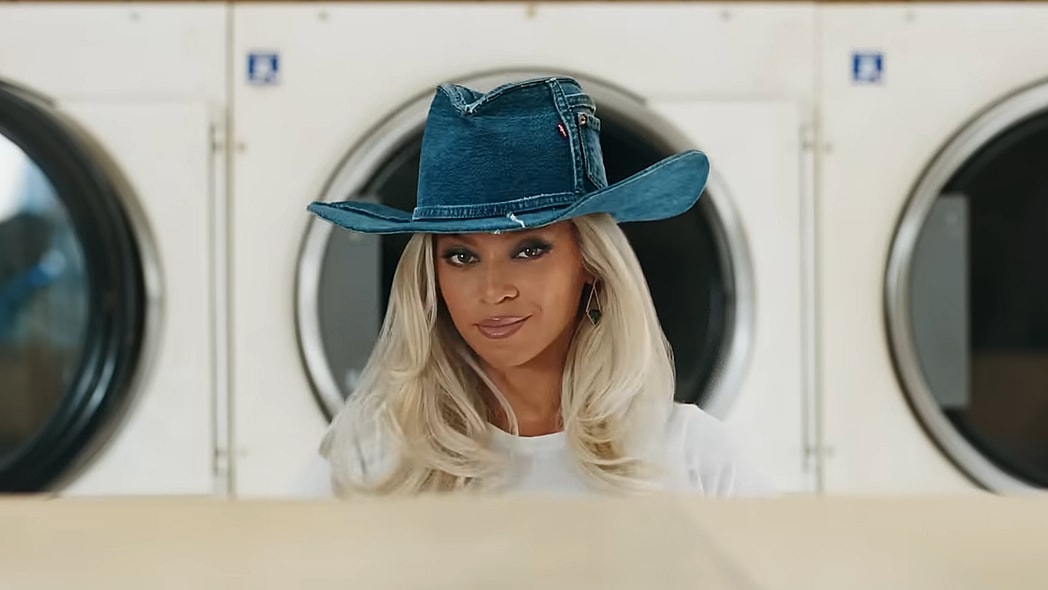When Kamala Harris published her memoir, “The Truths We Hold,” in 2019, it revealed a story of the American Dream that represented the best of what was possible in this country — a young woman born in humble beginnings, who pursued her education and an ambitious career path to become a history-making district attorney, attorney general and U.S. senator.
Now, in 2024, Harris’ bestselling book holds relevant insights in the life and mindset that got the now-presidential nominee this far, and explains how she may approach leadership of the country in the future.
#1. The quote about her helping an innocent woman go free from jail.
“I watched and listened as he reviewed her case, waiting for him to give the order. Then with the pound of a gavel, just like that, she was free. She’d get to go home to her children in time for dinner… It was a defining moment in my life. It was the crystallization of how, even on the margins of the criminal justice system, the stakes were extraordinarily high and intensely human.”
In this part of the book, Kamala Harris is recalling her first summer internship as a law student at the Alameda County district attorney’s office, where an innocent woman was arrested during a drug bust on a Friday. She was a mother of young kids and going to be stuck in jail over the weekend if no one intervened. Harris begged the court clerk to try the woman’s case right away, and she was sent home free. It would be emblematic of Kamala Harris’ goal of using her law career to uphold justice.
#2. The quote about how going to an HBCU changed her life.
“That was the beauty of Howard. Every signal told students that we could be anything – that we were young, gifted, and black, and we shouldn’t let anything get in the way of our success. The campus was a place where you didn’t have to be confined to the box of another person’s choosing. At Howard, you could come as you were and leave as the person you aspired to be. There were no false choices.”
Here, Kamala Harris reflects on the impact of attending Howard University in Washington, D.C. The historic HBCU gave her a dynamic playground of learning, in which she ran for class freshman representative, joined the debate team and pledged Alpha Kappa Alpha Sorority Incorporated, all while working side jobs. The hustle Harris showed at Howard, positioned her get internships in politics and go on to law school at UC Hastings College of the Law, now known as UC Law San Francisco.
#3. The quote about how her mom raised her to be a proud Black woman, while also respecting her Indian heritage.
“My mother understood very well that she was raising two Black daughters. She knew that her adopted homeland would see Maya and me as Black girls, and she was determined to make sure we would grow into confident, proud Black women.”
Kamala Harris refuses to make false choices about her heritage. In this passage, she explains how her mother, Shamala, gave her an Indian name and raised her to appreciate Indian culture, all while respecting her Blackness. Kamala’s mother was intentional about surrounding her with strong Black women role models like her neighbors and teachers, who would ensure she knew Black history and understood the struggle for African-Americans to have equal rights in the U.S.
#4. The quote about why she chose to be a prosecutor, despite racism in the criminal justice system.
“I knew quite well that equal justice was an aspiration. I knew that the force of the law was applied unevenly, sometimes by design. But I also knew that what was wrong with the system didn’t need to be an immutable fact. And I wanted to be part of changing that.”
Kamala Harris dedicates time in this passage of her book to explain the ways that prosecutors have used their roles to harm people, specifically Black people. But she goes on to cite prosecutors who did good in the world by going after Ku Klux Klan members, bad politicians and corrupt businessmen. She also points out that the power of a prosecutor was used to protect Freedom Riders during the civil rights movement. Harris believed strong that she could be a force for good in spite of the bad.
#5. The quote about how she pushes through when faced with tough choices as a leader.
“Tough decisions are tough precisely because the outcome isn’t clear. But your gut will tell you if you’re on the right track. And you’ll know what decision to make.”
This section of the book focuses on Kamala’s time as California attorney general in 2011, when families were suffering due to foreclosures on their homes, and predatory lending from banks. Harris faced a lot of pressure to settle with the banks quickly, but decided instead to dig and pursue a much bigger outcome. She created a task force that got $18 billion out of the banks and resulted in a California Homeowner Bill of Rights.
#6. The quote about how she has always seen people’s pain as they struggle to make it – even before she was VP.
“When I wake up in the middle of the night with a thought on my mind, I remind myself that in countless households around the country, someone else is wide awake too … I imagine that the majority of them are asking themselves questions about their greatest fears: Am I going to be able to provide a good life for my children? … The American people have not given up on the American Dream. But when you can’t sleep at night, how can you dream?”
Here Kamala Harris opens up about the struggle for middle class Americans that she witnessed as a senator and the many letters she received from constituents who were suffering. Harris grew up in a middle class family, as the daughter of a single, divorced mother. Although her book was written in 2019, even then Harris says she saw a “cost-of-living crisis” that was making it hard for the average American to make it. She had a vision of economic growth that gave people more to take home after their hard work, and holding any greedy exploitative forces — like for-profit colleges — accountable for taking away people’s hard-earned money.
#7. The quote about what she’s learned from working in politics and from watching history.
“Not all progress is gradual or linear. Sometimes it simply goes from one plateau to another. Sometimes we fall back tragically. Sometimes we leap forward and achieve things beyond the realm of what we thought possible. I believe that our job is to provide the force propulsion that will get us to a higher plane.”
Toward the end of her book, Kamala Harris reflects on the victories and struggles she’s seen along the way as district attorney, attorney general and United States senator. The book was written before she was elected vice president, but it is almost prophetic in that many trials would come in the aftermath of its publication. That includes the COVID-19 pandemic, the overturning of Roe v. Wade, the end of affirmative action, and the deaths of numerous unarmed Black Americans at the hands of law enforcement.
Nevertheless, Harris shares the mantra that drives her work. One which reflects that it is better to do, fight and struggle forward, than simply to settle for what is. It’s a message that, if it resonates with enough voters, will propel her to the presidency of the United States of America, and make history again in the process.










